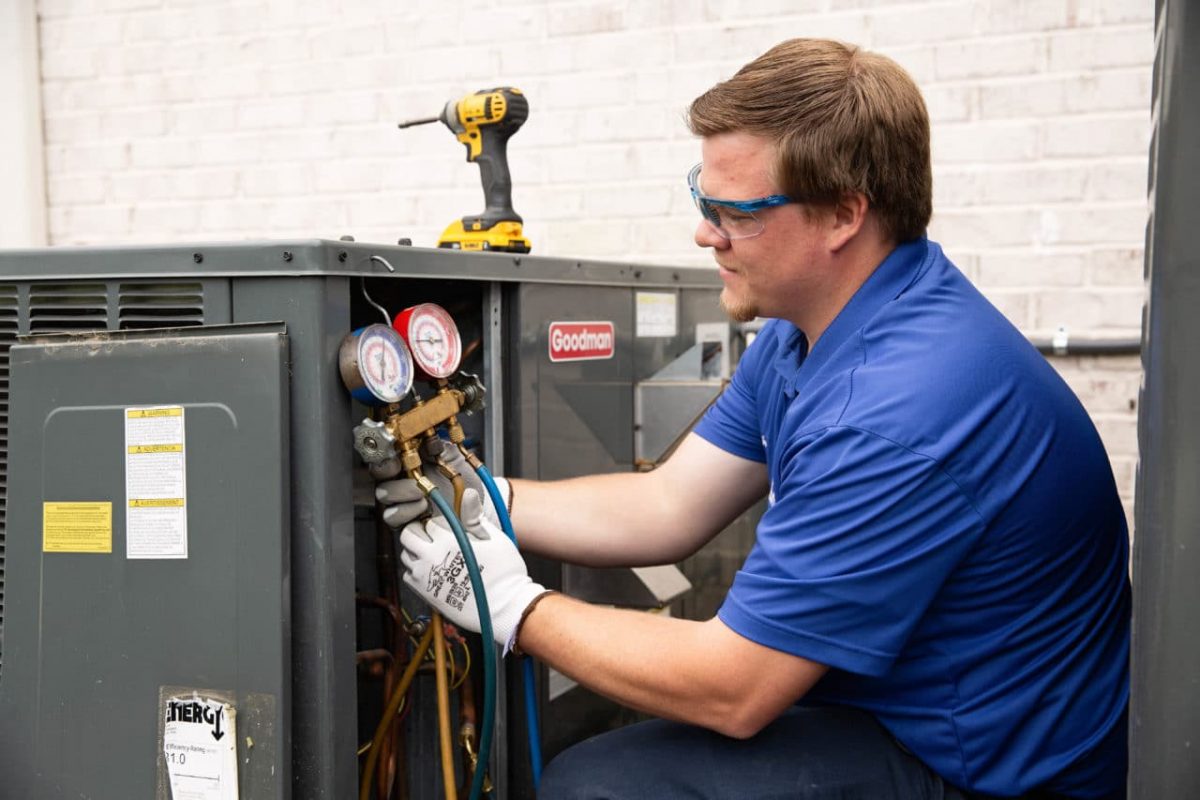AC Problems Requiring Air Conditioning Repair in Kansas City
August 23, 2023

Spring is in full swing and summer is just around the corner. This means more Kansas City residents are turning on the AC to help keep cool amid rising temperatures. To ensure you’re prepared for the coming season, be on the lookout for the following issues that may require professional air conditioning repair.
We are your air conditioning repair experts in Kansas City!
1. Water leak
An indoor water leak may be caused by a clogged condensate drain or a broken condensate pump that needs to be replaced. If the condensate drain is clogged, you could have algae or fungi growing in the pipe and affecting the entire system. You could use a wet or dry vacuum to clear out a clogged condensate pipe and you may also consider pouring six ounces of vinegar into the drain line to kill fungi or algae. Be sure to check the user manual to determine the location of the drain pipe before addressing a water leak.
2. Refrigerant leak
Leaking refrigerant is a toxic hazard that should only be addressed by a professional HVAC technician. The technician is trained to handle the toxic material and uses special equipment to stop the leak and refill the system with refrigerant.
3. Dirty AC filter
A clogged AC filter restricts airflow, reducing the efficiency of the entire system and placing an unnecessary strain on the AC. It’s important to replace the filter every three months or clean the reusable filter.
4. AC compressor failure
AC compressor failure can be caused by dirty coils, poor lubrication, and inadequate levels of refrigerant. Contact Hamilton Plumbing, Heating, A/C, Rooter to have a licensed HVAC technician inspect the system and make the necessary repairs.
5. Frozen evaporator coil
Debris and dirt can accumulate on the coils and restrict airflow. This blocks warm air from reaching the refrigerant, causing the material to freeze on the coils. Eventually, the coils are completely covered in ice and are unable to absorb heat, disrupting the entire system. To address this, turn off the unit and disconnect power to the system. Give the evaporator coil 24 hours to thaw completely. If the problem persists, give us a call and we’ll be glad to come and fix!
Last Updated: August 29, 2023
